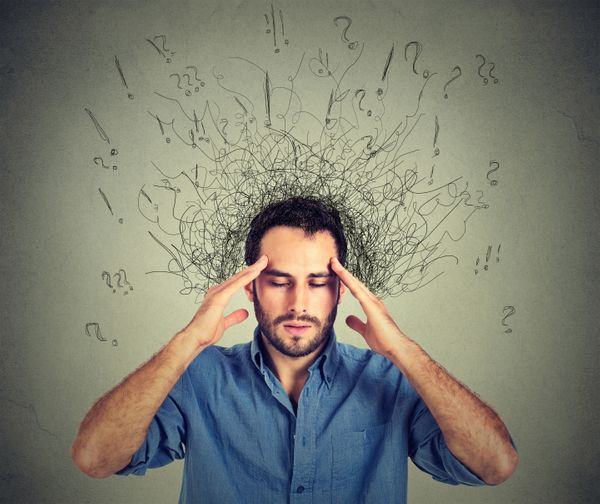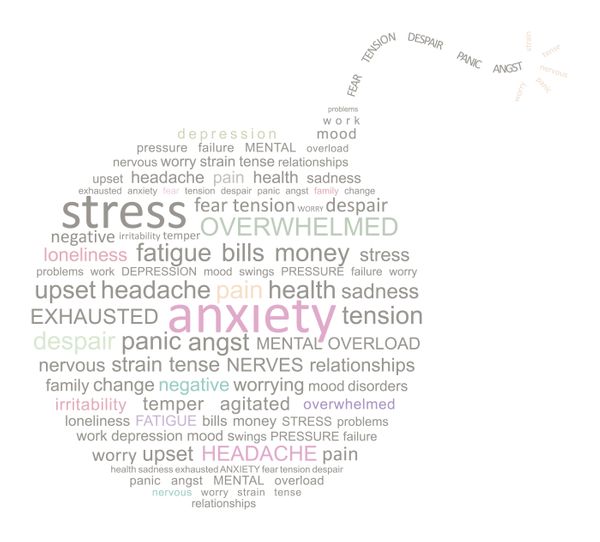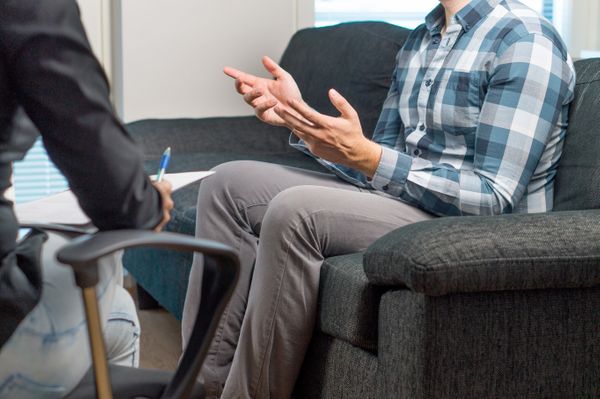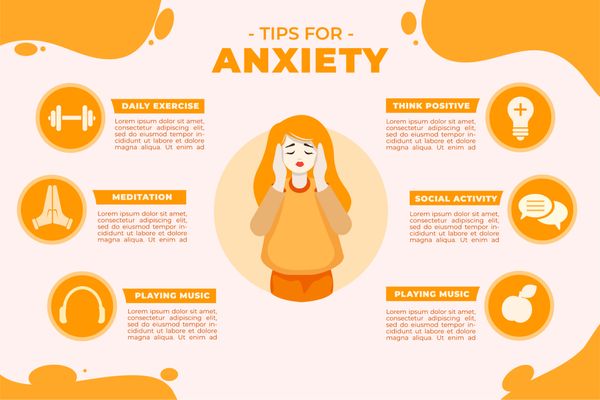Anxiety, whether it stems from generalized anxiety disorder, panic disorder, or social anxiety, can profoundly impact various aspects of one's life. It is a debilitating condition that affects not only your mental well-being but also your physical health and overall quality of life. Fortunately, anxiety is a treatable condition, and seeking help from an anxiety psychiatrist can be a significant step toward regaining control and finding relief.
Anxiety's Grip: Impact on Life and Pathways to Treatment

The Overwhelming Presence of Anxiety
Anxiety has a way of creeping into every corner of your life. It can make simple tasks seem like insurmountable challenges. Whether it's the fear of leaving your home due to agoraphobia or the constant worry and restlessness that come with generalized anxiety disorder, anxiety can disrupt your daily routines and relationships. Even social situations can become daunting when social anxiety takes hold. This overwhelming presence of anxiety can lead to isolation, further exacerbating the condition.

The Physical Toll on Your Health
Beyond its psychological impact, anxiety can also take a severe toll on your physical health. You might experience symptoms like rapid heart rate, muscle tension, and gastrointestinal issues. Chronic anxiety can weaken your immune system, making you more susceptible to illnesses. Furthermore, sleep disturbances are common, leading to fatigue, cognitive impairment, and a reduced ability to handle stress. This vicious cycle of physical and mental symptoms can feel relentless.

The Importance of Seeking Treatment
The good news is that anxiety is a treatable condition. Various therapeutic approaches can help individuals manage and overcome their anxiety. One of the most effective methods is cognitive-behavioral therapy (CBT), which focuses on changing negative thought patterns and behaviors associated with anxiety. Medications, prescribed by a qualified psychiatrist, can also be part of the treatment plan. Medication may be particularly beneficial in severe cases or for specific anxiety disorders.

Finding Relief and Coping Strategies
In addition to professional anxiety treatment, there are self-help strategies that can make a significant difference in managing anxiety. Mindfulness and relaxation techniques can help individuals regain a sense of control over their thoughts and emotions. Group therapy provides a supportive environment for sharing experiences and learning from others who are dealing with similar challenges. Exercise, a balanced diet, and adequate sleep are essential for maintaining physical and mental well-being.
Seeking the help of a qualified anxiety psychiatrist is a crucial step in addressing this condition. These experts can tailor a treatment plan to your specific needs, taking into account the type of anxiety you're dealing with, its severity, and your personal preferences regarding treatment methods. They can also help you find the right balance between therapy and medication if needed.
In conclusion, anxiety can have a profound impact on your life, affecting your mental and physical health, as well as your day-to-day activities. It's a challenging condition, but there is hope. With the right treatment and coping strategies, you can regain control and improve your overall quality of life. Whether you're considering therapy, medication, or a combination of both, there are effective ways to manage and overcome anxiety. Don't hesitate to seek help from an anxiety psychiatrist, who can guide you toward relief and recovery. Remember, you're not alone in this journey, and there are supportive resources available to help you along the way.
